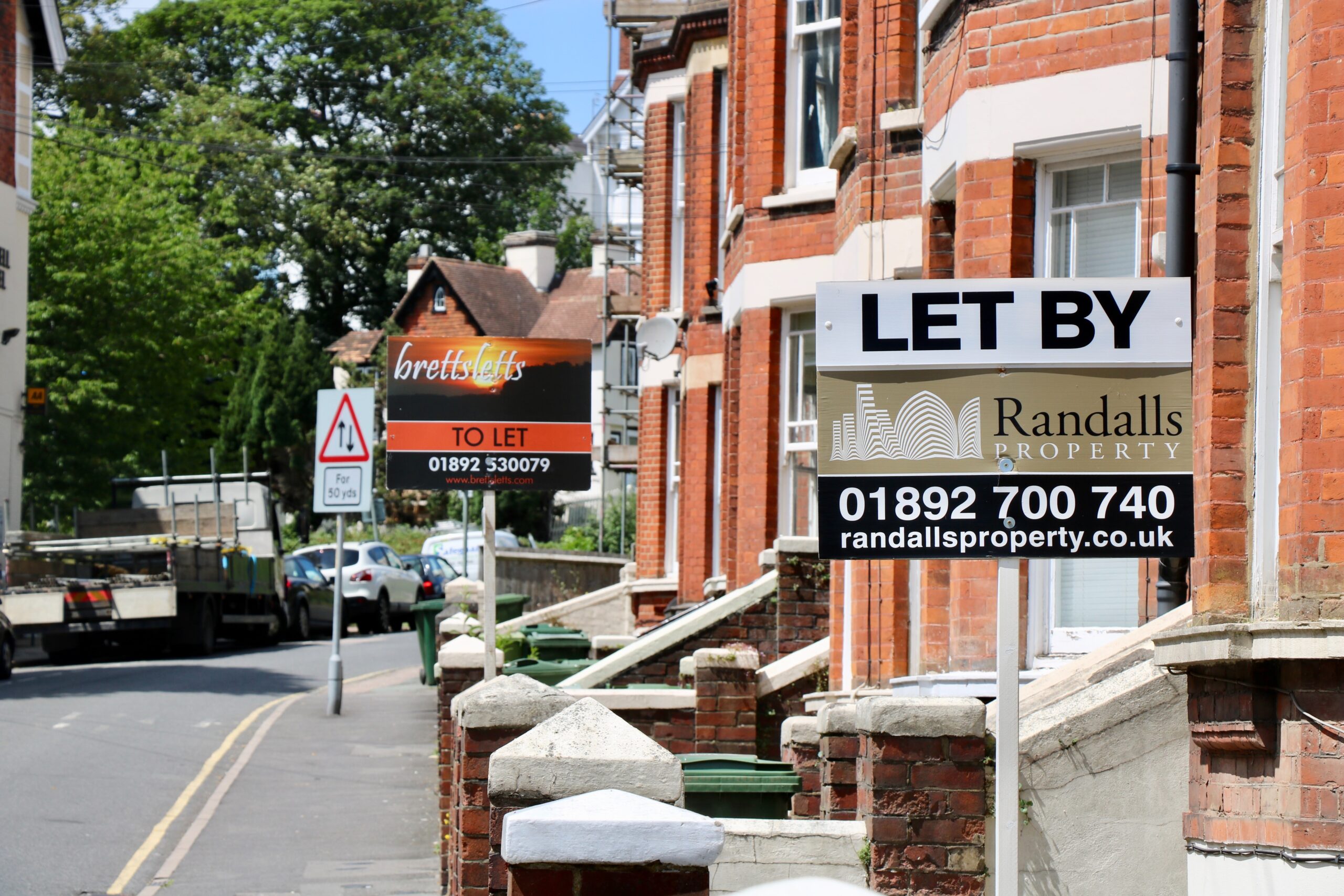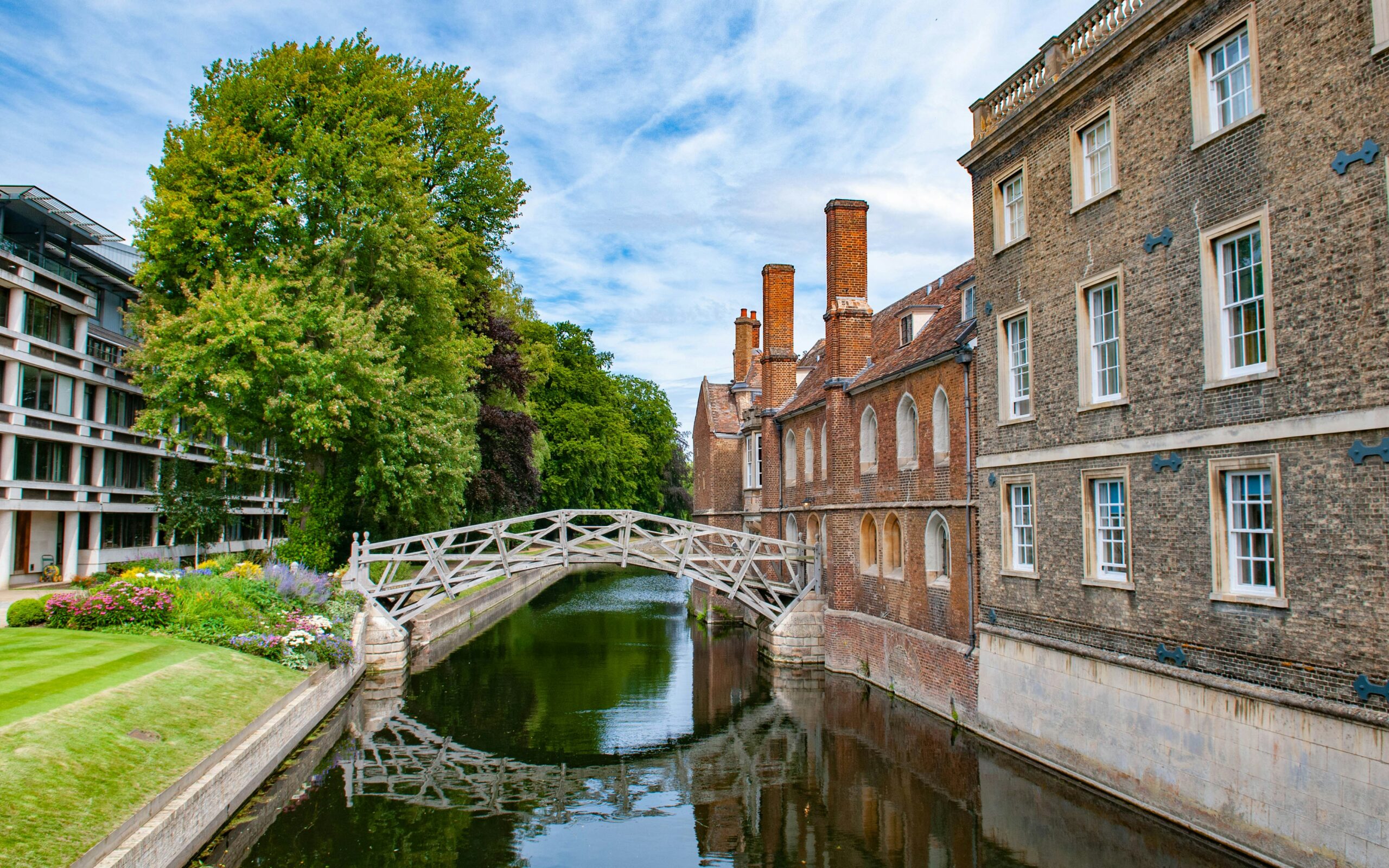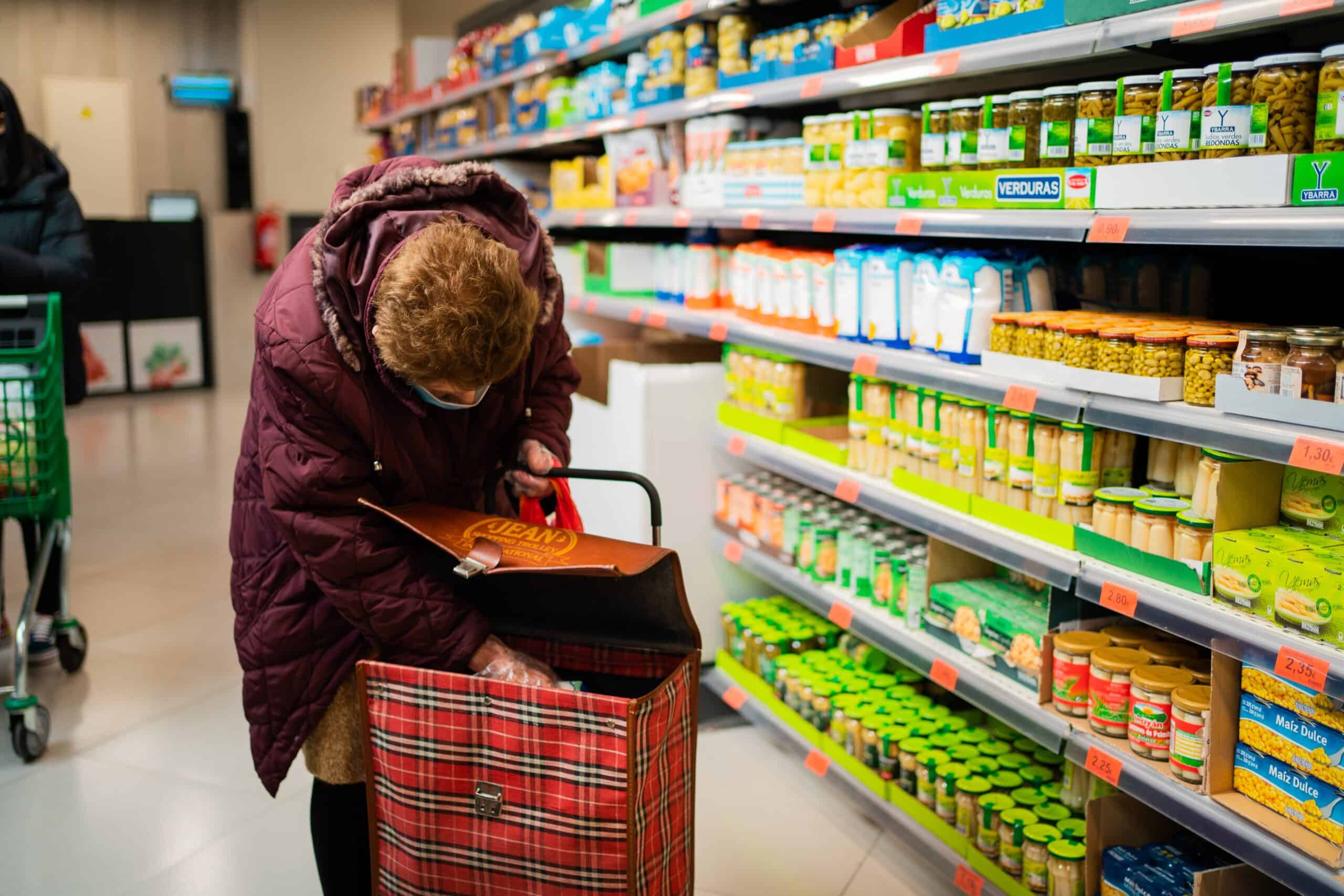Weekly News:
- Tens of thousands of homeowners in England have had their council tax doubled.
- 650,000 pensioners will be forced to pay tax from this week.
- Cambridge may introduce a tourist tax next year.
- Supermarket inflation slowed to its lowest level since 2021.
Tens of thousands of UK homeowners face a doubling of council tax
From this month (April), the previously mentioned double council tax is set to come into effect.
This means over 100,000 properties across the UK will face double the council tax.
Band D properties left vacant for over two years will face an average annual council tax bill of over £4,000.
This move aims to secure more rights for local families and young people to buy or rent within their local communities.
Over 650,000 pensioners forced to pay tax starting this week
This week, over 500,000 state pensioners will be forced to pay income tax for the first time.
According to the Institute for Fiscal Studies, around 8.5 million people aged over 65 will be taxed on their income from April 6th.
The primary reason is that state pensions are increasing with inflation, while the tax threshold is frozen at £12,570 (and will remain so until 2028).
Cambridge may introduce a tourist next year
The council is considering a new tourist tax proposal, aiming to charge £2 per night to guests staying in Cambridge hotels.
Manchester, UK, has had a tourist tax for some time now, which is currently deemed “successful”.
However, once Cambridge starts levying the tourist tax, it plans to increase it to £3 per night in the third year.
This plan is expected to raise over £2 million annually for Cambridge City Council, to be used for local development.
Supermarket inflation slows to new lows since 2021
Latest data indicates that the annual price inflation rate for UK stores in March has almost halved.
The British Retail Consortium notes a 3.7% year-on-year rise in food prices, reaching new lows in recent years.
Inflation rates for fresh food have dropped to 2.6%, with non-food products at 0.2%.
Additionally, prices for dairy, appliances, clothing, and footwear are on the decline.





